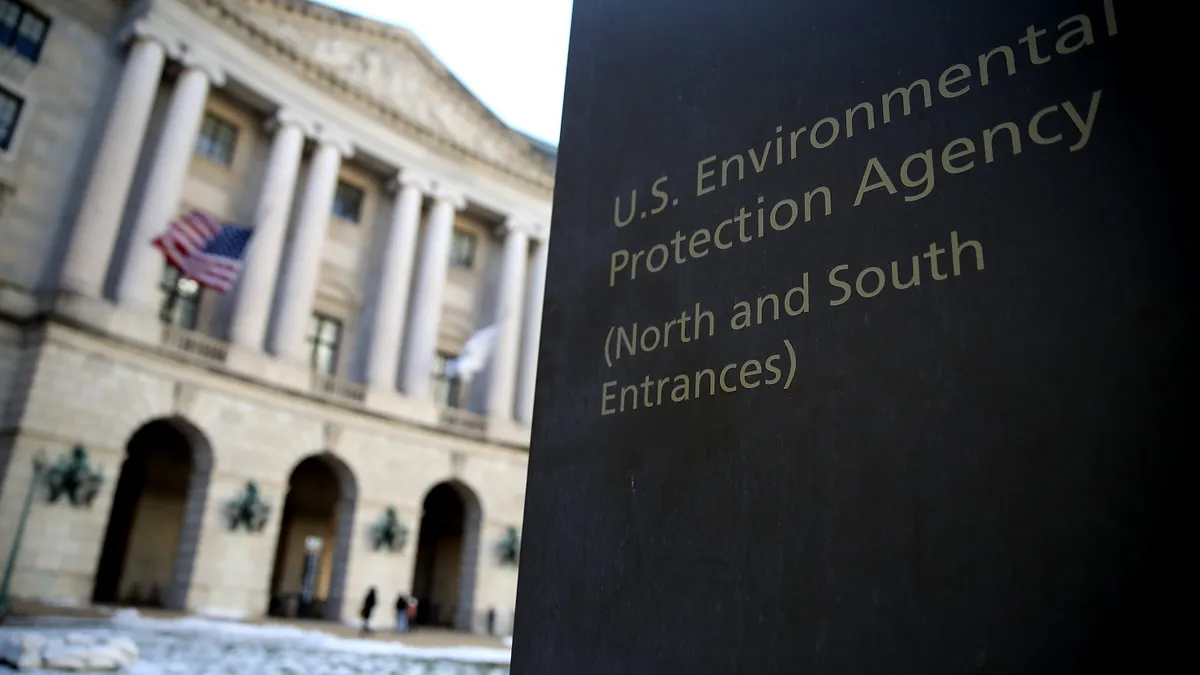The U.S. EPA’s Office of Land and Emergency Management has released an action plan outlining steps the agency is taking to incorporate environmental justice practices into land protection and cleanup efforts, including solid waste management projects.
The EJ Action Plan includes details on how environmental justice issues will be considered when distributing infrastructure spending and awarding grants for projects like anaerobic digesters. The plan also discusses how the agency intends to update public comment periods and listening sessions to include more voices from tribes, as well as from neighborhoods where residents are predominantly people of color, have low income or are otherwise disproportionately affected by pollution.
The action plan comes a week after the EPA announced it would open an EJ office with the goal of establishing environmental justice initiatives as central to the agency’s work. EPA Administrator Michael Regan said in a statement that the EJ action plan is another step in incorporating “the voices of communities who’ve historically been left behind and will enable stronger and faster progress in addressing contaminated land across the country.”
The plan sets a fall 2022 timeline for opening the application process for its Solid Waste Infrastructure for Recycling grant program and Recycling Education and Outreach grant program, which the EPA anticipates will serve disadvantaged communities. The EPA has previously estimated that these programs and a battery recycling program, supported with $375 million from the infrastructure law, could be funded by as early as spring 2023.
The action plan also includes updates on implementation of the National Recycling Strategy, the agency’s master plan for achieving a 50% recycling rate by 2030. Additional strategy documents on tackling food waste and plastics are expected to be published for public comment later this fall.
The EPA also plans to develop an additional goal “to reduce climate impacts from materials use and consumption” which it says will complement existing recycling plans and focus on efforts to better manage materials, particularly on how such materials may negatively impact EJ communities, the report said.
Environmental justice efforts were already incorporated into funding allocations for a recent anaerobic digester grant program, the report states. The EPA stipulated that $800,000 of the funding — about half of the grant allocation — was awarded to projects located in communities with environmental justice concerns. Lessons learned from the program will help the agency with “prioritizing EJ in future grant programs.”











